Interview with Stella Levy, The Only Woman at City Lights Bookstore
In the early 1960s, Stella Levy was the editorial assistant for City Lights, an independent bookstore in San Francisco founded by Lawrence Ferlinghetti and Peter D. Martin and known for its progressive, anti-authoritarian politics. City Lights is famous for publishing the works of celebrated Beat poets including Allen Ginsberg, Robert Kaufman, and Frank O’Hara.
Stella appears in an iconic photograph in the new book The Only Woman by Immy Humes, which features photos of groups of men and a lone woman. Alongside Stella, The Only Woman highlights women ranging from physicist Marie Curie to filmmaker Jane Campion to politician Shirley Chisholm. JWA recently talked with Stella about the photo and how things have changed for women in the literary world over the decades.
JWA: I would love to hear the backstory of the photo. Could you tell me a little bit about the moment this picture captures?
Stella: Of course. The photographer was Larry Keenan, and I have a special place in my heart for him because, when the photo was taken, it was the very beginning of his photo career. Somehow the call went out for a photographer, and he showed up. He went on to be one of the primary photographers of the 1960s.
I come from a family of Zionists, and one day, I think it was [my] aunt, said to my grandfather, “Why don't you send Stella to Israel?” So, while I was there, I made friends with somebody who knew Allen Ginsberg from the Lower East Side and said I should look him up. So I looked him up and he and his mate, Peter Orlovsky, who's in the picture too, when they were on the West Coast and I was living in San Francisco, they stayed with me. It started a friendship.
Allen was a very observant person, and he would've realized that the bookstore had no women. And here I was, looking for a job. So he was like, “Why don't you hire Stella?” And so that's how I got hired. And the manager got a lot of complaints from two brothers that worked for him. They did not like me. I started out just in the bookstore shelving books and [doing] whatever was needed. And then I got fired by the manager. Lawrence Ferlinghetti was like, “Well, I’ll hire her.” He was mad about that. So he hired me.
JWA: Okay. So just to recap, Allen Ginsberg helped get you the job in the bookstore, right? Then you got fired…
Stella: Got fired and then re-hired by Lawrence Ferlinghetti to be his first editorial assistant.
JWA: What does that job look like?
Stella: I just basically did what he asked me to do. We became friends, and the last time I saw him, he was 100 years old.
JWA: What was it like to be one of the few women working alongside the Beat movement during this time?
Stella: I had different feelings about it. I didn't have perspective. It was what was going on and it was part of the ’60s. It was always interesting.
There was a time when [Ginsberg] was probably one of the most famous people in the world. And he would give me these assignments–I wasn't working for him by the way. Somehow we were all together during these periods and anybody that was trying to get to know him or meet him, he would send to me. And he would say, “You take care of it.” That was uncomfortable for me, you know? I didn't relish that assignment at all. And I didn't know why I was where I was. I didn’t know why I was being included. I'm glad I was, because it made life much more fun.
JWA: What changes have you seen in women's participation in the literary world since this photo was taken?
Stella: I actually leveraged that job [at City Lights]. Mo Moskowitz had a bookstore in Berkeley and when I went to see if he would give me a job, of course he never had any women there. I said I was working for Ferlinghetti. And then later on, I moved down to Santa Cruz and I did it again and I got hired. Women were not working in bookstores. Why? I don't know, but now there's been huge changes.
And if you want to talk about City Lights, most of the people working there now are women and certainly running the show, some of whom are Jewish. They've got all these things on Zoom and interviews with writers. All sorts of great stuff coming out of the bookstore. And the women are in charge.

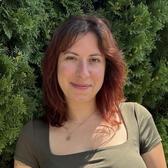
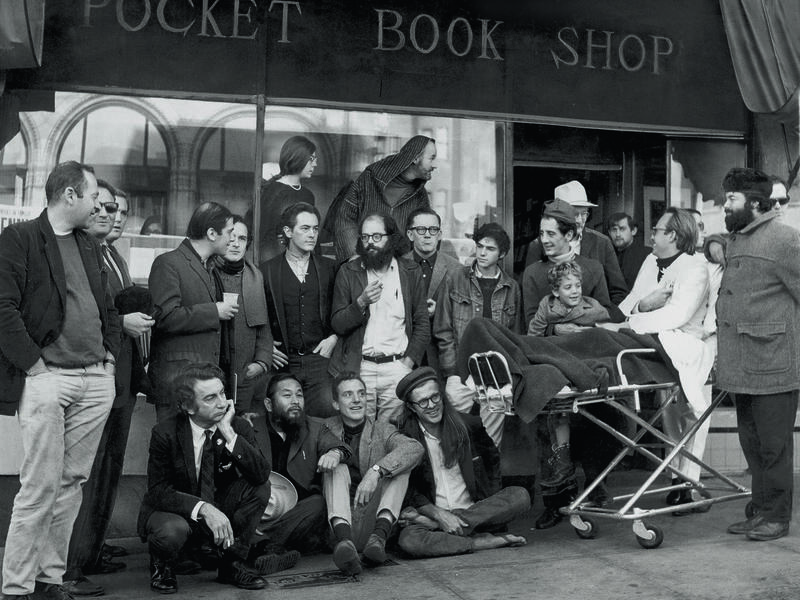
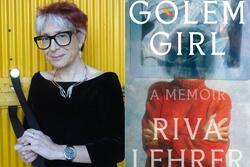
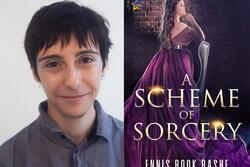
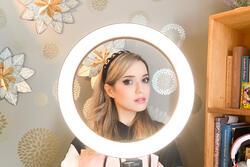


I had the impression that women go together with books eg the large number of librarians. Women are big consumers of books. Then and now, they were the customers.
Why was “Funny Face” given the job at a New York cozy little bookstore when she was discovered and sent to Paris as a model with Fred Astaire?
Wages in a bookstore were always low, too.